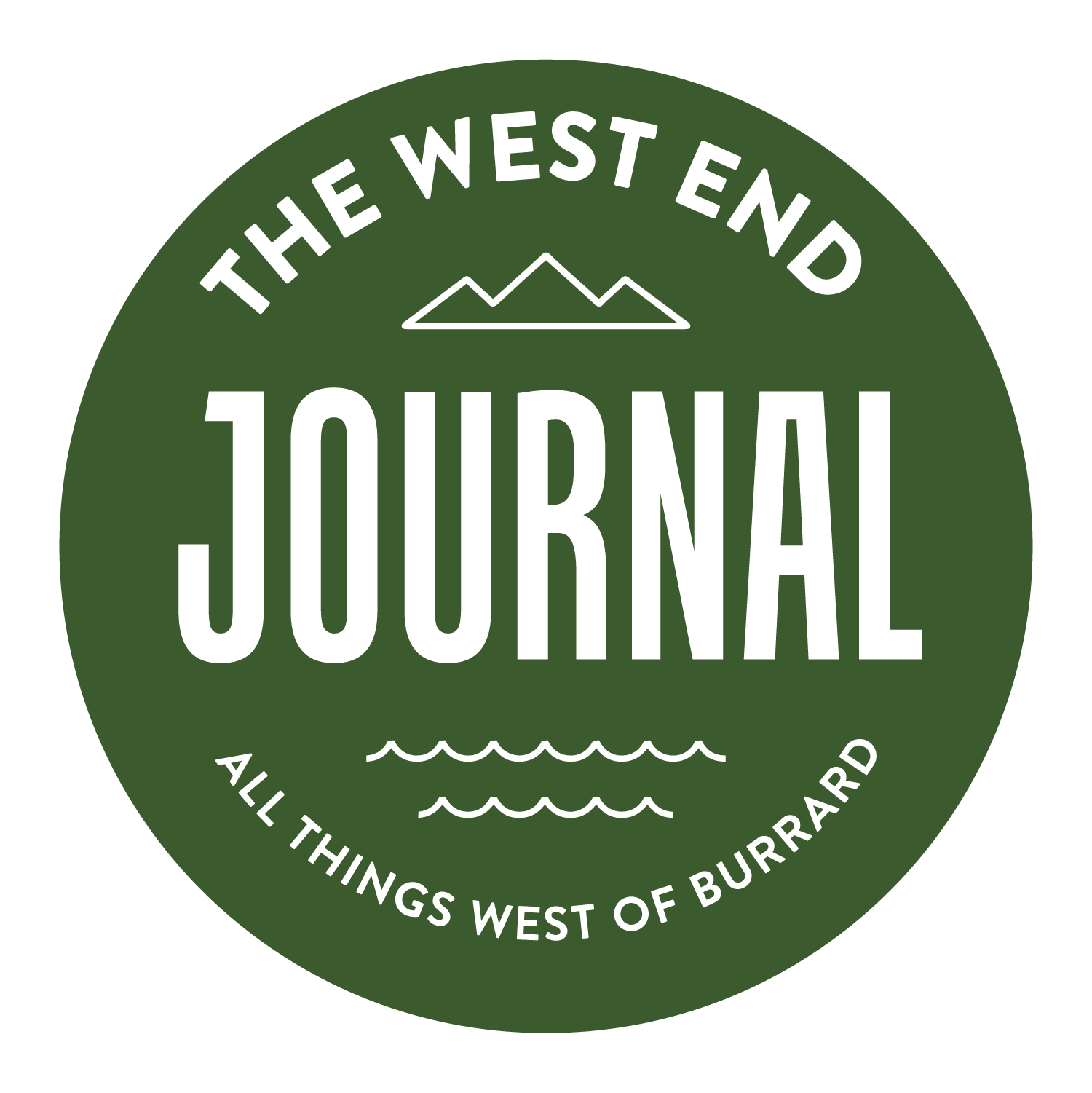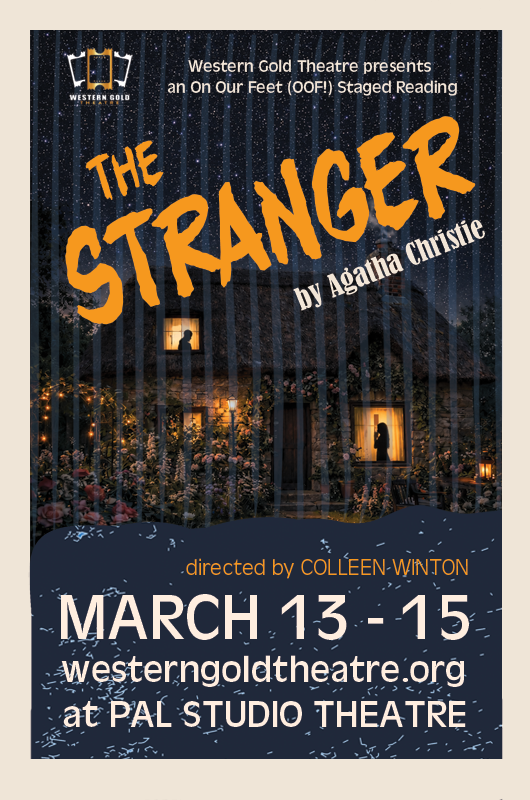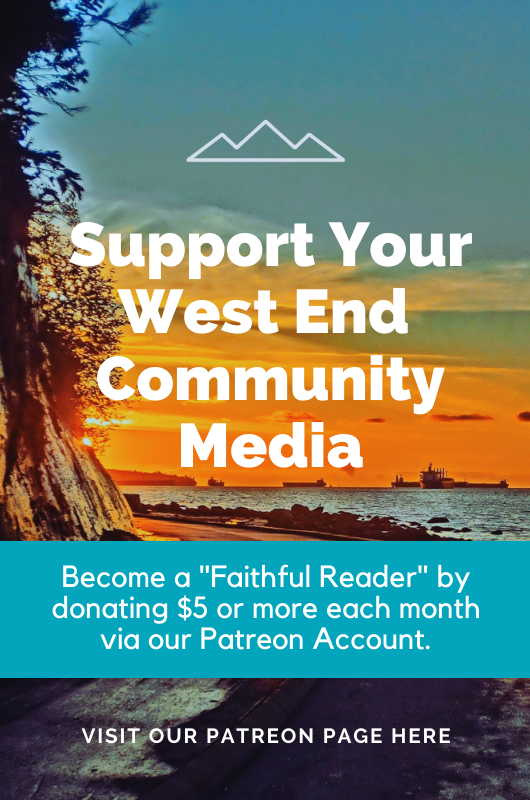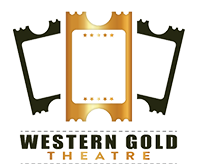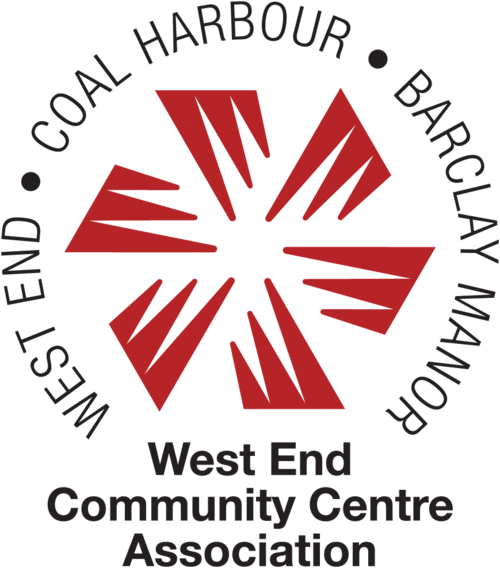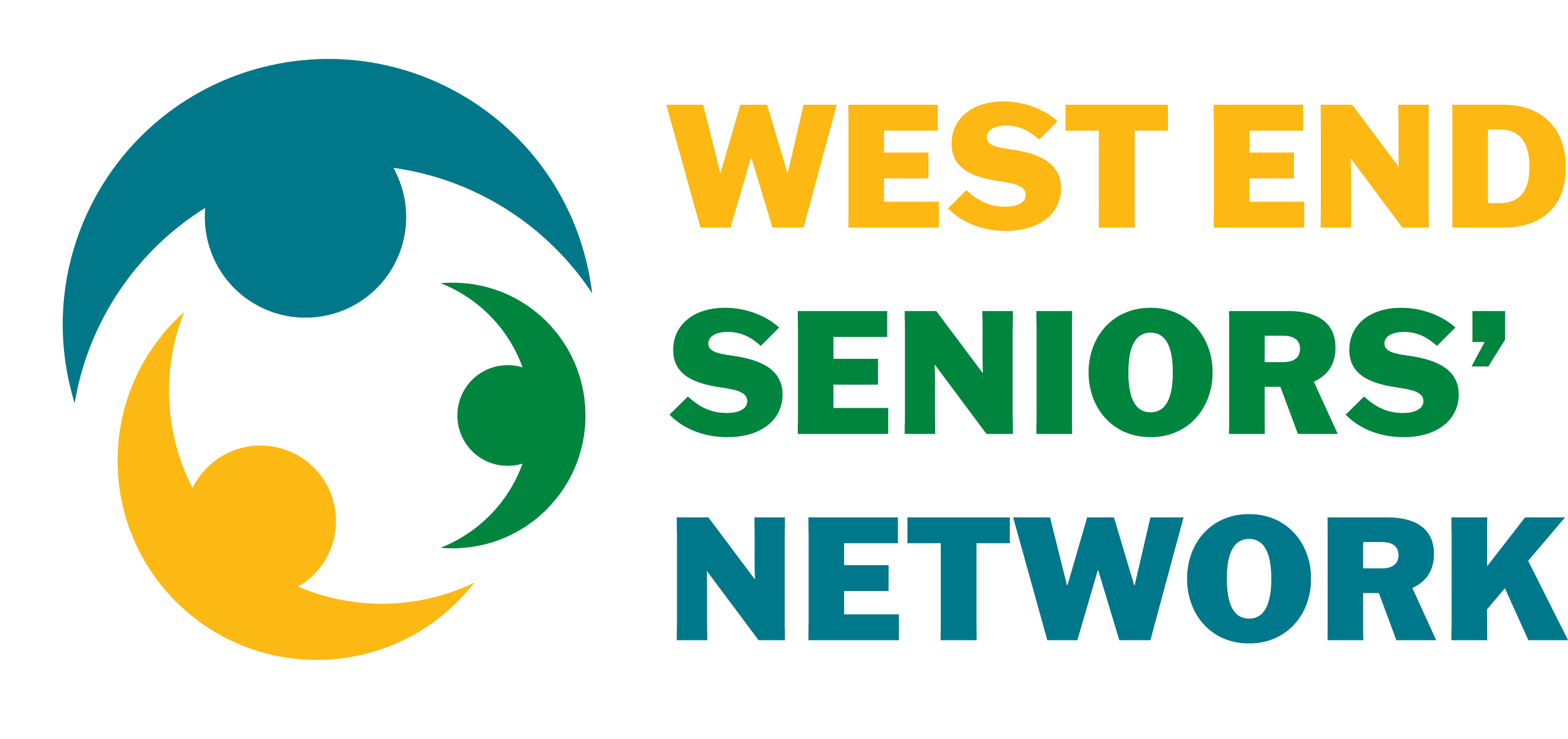STANLEY PARK NOTEBOOK
/EDITOR’S NOTE: The following article was updated at 6 a.m. Dec. 1 to include developments subsequent to the original publication.
ADVOCATE SAYS REMOVAL OF BIKE LANE
WITHOUT REPLACEMENT PLAN IS IRRESPONSIBLE
by Nate Lewis
Green party park commissioner tom digby.
The Vancouver Park Board has released a notice of motion that would direct staff to “immediately restore the pre-COVID traffic and parking configuration,” on Stanley Park Drive.
As part of the motion staff would be tasked with bringing a planning outline for “new, permanent, dedicated cycling infrastructure in the park,” by early February 2023. Incoming ABC Park Board Commissioners said last month they intend to have the new lane in by next summer.
The current use of road space “represents an inadequate response to the needs of some park users,” the motion reads. Once passed, staff will be directed to report back on the removal efforts within ten days, “in time for the upcoming December 2022 peak Holiday Season.”
The ABC majority will have an opportunity to pass the motion at the next Board meeting on December 5th.
Their colleague and Park Board Commissioner Tom Digby of the Green party is perplexed.
“I'm as confused as everybody else about what ABC’s plan is here,” Digby said said in advance of the motion becoming public.
Delivering a new bike lane in the park by next summer is “completely impossible” and impractical said Jeff Leigh, the chair of HUB Cycling’s Vancouver and UBC committee and has been involved in bike path improvements to Stanley Park since 2014.
“If [the Park Board] wants a bike lane there for next summer it will be some version of what’s there now. It can be an improved version, it could be a better flowing version, but it doesn’t start by ripping out what’s there. That sets you back years,” he said.
HUB Cycling chair Jeff Leigh.
Leigh outlined a multitude of considerations that would go into creating a new bike lane off of the Stanley Park Drive roadway. These include consultations with the Musqueam, Squamish, and Tsleil-Waututh Nations – for whom the peninsula has cultural and archeological significance – with the Stanley Park Ecology Society, and with the public, as well as having a consultant create a design that doesn’t reduce green space or cut down trees and which also adheres to design codes for liability and safety, in addition to financing the project, hiring a contractor, and actually building it.
Leigh said that a replacement plan with all these necessary considerations should be in place before the temporary lane is removed and to do otherwise would be irresponsible.
In November 2021, the previous Park Board passed a motion to keep the temporary bike lane in place until the Stanley Park Mobility Study (SPMS) is completed. According to Park Board documents, SPMS was initially tabled to “study the long-term feasibility of reducing motor vehicle traffic in the Stanley Park”, through changes like shifting to a single lane for cars.
In addition to reopening both lanes of Park Drive to vehicle traffic, the new motion would direct staff to “reframe and otherwise repurpose the current mobility study,” effectively killing the study as it was originally conceived.
The Persons with Disabilities Advisory Council (PDAC), in their last meeting of 2022, strongly recommended that the Park Board “delay decisions on mobility in Stanley Park until it has consulted PDAC [as re-established by the incoming council in 2023] and other disability groups on the final report and recommendations.”
Under the framework of the proposed motion the mobility study would become a “comprehensive strategy” for a permanent bike lane, with consideration for different users and forms of access, as well as ways to reduce emissions from idling cars.
Leaving the park by car it would take a big detour to get to the large parking lot beside Ceperley Park.
The idea of reducing motor vehicle traffic altogether comes in light of the climate emergency, which the City of Vancouver officially acknowledged in 2019.
David Fine resents the framing that road use changes in the park were done in an effort to combat the climate crisis.
“I felt it was a bit outrageous to equate the two things,” Fine opined, though climate issues are an important thing to address, he added.
The horse-drawn carriage in the park uses the vehicle LANE but moves slower than most cars. More pull-outs have been added to reduce lineups behind the carriage.
Fine, a founding board member of TEAM for a Livable Vancouver, is quite engaged in civic politics. He doesn’t consider himself an organizer, but rather someone who encourages dialogue and raises political issues through petitions, activism, and civic outreach.
In response to the mobility study, Fine started an online petition in summer 2020 titled “Keep Stanley Park Open For All!” His call for the Park Board not to restrict motor vehicle access to the park has received more than 35,000 signatures over the course of two and a half years.
Fine said he loves cycling in the park, both on road and seawall, but took it personally when parking lots like the one at Third Beach were closed during the pandemic, because he has family who can only access the park by car for medical and mobility reasons.
Major concerns from the public about the initial bike lane, such as parking lot closures, changes to accessible parking spots for people with disabilities, and vehicle congestion behind the horse-drawn carriage have been resolved according to Digby.
People can walk or roll smoothly between Stanley Park Drive and Beach Avenue. Drivers need to take a one-way route.
In January 2022 the PDAC reiterated concerns about diminished access to an accessible washroom at Ceperley Park, caused by one way car access between Second Beach and the washrooms. Getting around it means a 3km detour around Lost Lagoon and through the West End. As of late November this configuration remained in place.
Digby conceded that impediments for wheelchair access to washrooms remains an outstanding issue in the park in the current configuration
Fine was surprised and pleased that ABC moved so quickly to announce plans to remove the temporary lane, despite the fact they didn’t include it in their written Park Board election platform.
Prior to the motion’s public release, Leigh said HUB Cycling wants to give the new Board a chance to sort this out and “do the right thing,” Leigh said, which is why they haven’t mounted a public campaign to keep the temporary lane while changes are being considered.
A cyclist heads out To the park along the beach avenue bike lane.
“If they push ahead [with the removal] I think you’re going to see a significant mobilization.”
THE BEACH AVENUE ENTRANCE
Another factor in the constellation of considerations in returning the park to a pre-COVID configuration is what would happen at the English Bay entrance coming off Beach Avenue.
The Beach Avenue bike lane is secure on the city side, said City Councillor Adriane Carr, meaning the Park Board couldn’t open two-way traffic on Park Drive without City collaboration.
Currently it’s one-way northbound access for cars along Beach Avenue from Denman to the park entrance. Once you enter the park there’s a short detour along Park Lane for vehicle access to the pitch and putt golf course, lawn bowling, and Stanley Park Brewpub. Cars must exit the area through the West End or onto Georgia via North Lagoon Drive.
Carr is concerned about another temporary change to the busy area.
“I know that bike route is incredibly well-used… it’s packed all the time,” Carr said, adding that “anything that temporarily changes the configuration that’s there now, in anticipation of a permanent bike lane, is foolhardy because it will cost money [and] disrupt people’s patterns.”
The Park Board declined to comment on Beach Avenue when asked if there have been any directives to staff to explore a change to the traffic configuration at that entrance.
According to Digby, "The new route will drive car traffic back into the West End. But not along Beach Ave, which will remain one way from Denman towards Park Lane. Rather, all new car traffic will flow into the West End along Nelson and Barclay. This is a recipe for chaos."
HOLD THE DRILLS - FOR NOW
A tunnelling project beneath Stanley Park and into the West End has been delayed a year. Preliminary work on Metro Vancouver’s new water supply tunnel was supposed to begin this winter but has been pushed back until late 2023 or early 2024, according to a notice distributed to some West End residents in October.
The existing water main, which was built in 1932, is nearing the end of its service life and needs to be replaced. The new main is sized for future population growth in the region, with a capacity of 800 million liters a day – an almost four-fold increase from the existing system.
Murray Gant, Metro Vancouver’s director of major projects, said that Metro Vancouver is in process of finalizing design and approvals and has yet to hire a contractor for the work. Specific timelines for the excavation of shafts, like the one planned at Chilco and Alberni, will be provided once that contract is awarded.
Gant added that the construction duration of five years remains unchanged. The project is expected to be completed in 2028 or 2029.
There will be lights for bright nights this year, but no train.
BRIGHT NIGHTS
With No Train In Sight
The 25th Anniversary of Bright Nights will go ahead in December without the Christmas train.
The train returned to operation last year after a pandemic pause, but the attraction has ground to a halt again due to a failed safety inspection in the fall.
“It is disappointing the train is not operating, but it is important for us to host a free holiday event for everyone to enjoy,” said Jeff Sauvé, executive director of the BC Professional Fire Fighters’ Burn Fund, which has benefited from the event since 1998.
Admission to Bright Nights will be by donation this year. In addition, there will be a 50/50 draw also benefiting the Burn Fund.
